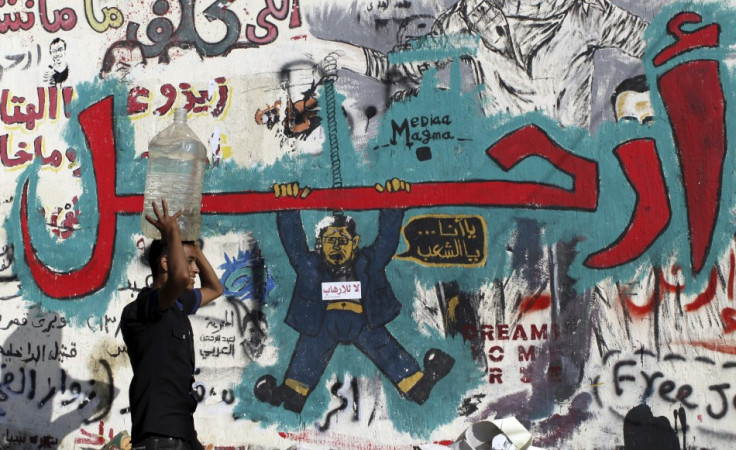Egypt Minister Ashraf al-Arabi: Interim Government Does Not Need $4.8bn IMF Aid

An incoming Egyptian minister has pledged that the country will not need to siphon billions of dollars worth of International Monetary Fund aid as rescue packages from a raft of Gulf states are enough to sustain economic stability during the government's transitional period.
Ashraf al-Arabi, who will be joining the new government led by liberal economist Hazem el-Beblawi, told reporters at a press conference that $12bn (€9bn, £8bn) aid from Saudi Arabia, the United Arab Emirates and Kuwait is enough to maintain economic stability while it moves past the ousting of former President Mohamed Morsi.
"The time is not appropriate to begin new negotiations with the IMF," Arabi told reporters, following the announcement that he had accepted the post of minister of planning.
"Arab aid will enable Egypt to get through the transitional stage in a good way."
Is Gulf Aid Enough?
Last week, Saudi Arabia and the United Arab Emirates pledged $8bn in aid to the transitional Egyptian government to overcome economic turmoil stemming from two political overthrows in two years.
Saudi Arabia offered $3bn in cash and loans to the transitional cabinet and an additional $2bn worth of fuel. The UAE has also offered a grant of $1bn and a loan of $2bn.
Kuwait stepped in later that week and offered another $4bn in aid after the elected Islamist president Mohamed Morsi was toppled.
In 2012, Egypt was negotiating with the IMF for a $4.8bn rescue package but failed to come to an agreement.
While Arabi said that the country does not need any more aid, experts say that while the Gulf funds are a welcomed respite, the country needs more than double the Gulf aid amount to reignite Egypt's damaged economy.
"Egypt desperately needs around $15bn to $18bn to really have some breathing space which will allow the interim government, and a newly elected cabinet, the capital to implement an effective economic framework to put the economy back on the mend," said Ishaq Siddiqi, market strategist at ETX Capital.
"For that to happen, the IMF's loan worth $4.8bn, which is currently dead in the water, is critical.
"But the IMF won't bank on a country in political paralysis."
READ:
Egypt: Timeline of Two Years of Turmoil [PHOTOS]
© Copyright IBTimes 2025. All rights reserved.






















